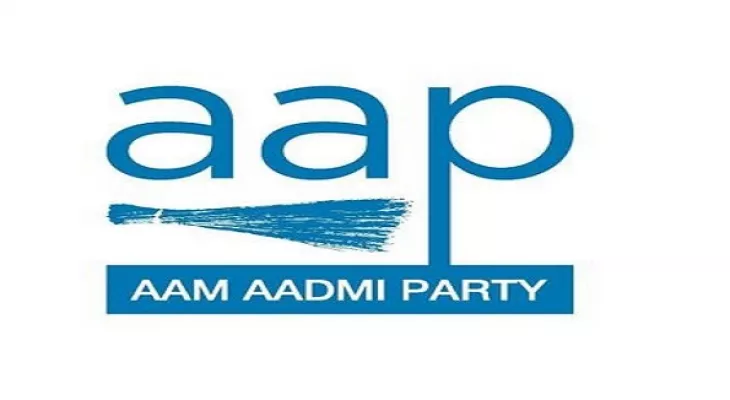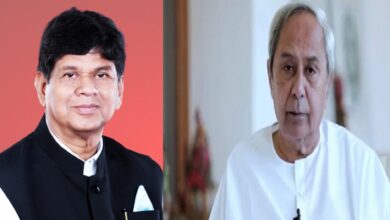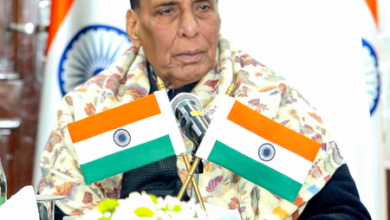
New Delhi, May 6: The members of the Delhi Legislative Assembly will now see a hike of Rs 34,000 in their monthly salary including the allowances, the Aam Aadmi Party (AAP) said on Friday.
The party said the hike in the salaries of Delhi MLAs has been given a nod by the Centre. However, it will be implemented only after the state legislative assembly passes and notifies it.
The Delhi cabinet had last year approved the hike in salaries of MLAs. The revision was approved nearly after a decade. AAP Chief Spokesperson and MLA Saurabh Bhardwaj said the low salary of MLAs of Delhi has been a long-standing point of difference between the legislators and the Central Government.
He also said the salary of Delhi MLAs is among the lowest compared to their counterparts in other states which will be increased from Rs 12,000 (basic) to 30,000. The MLAs of Telangana earn a salary of Rs 2,50,000; those in Maharashtra earn Rs 2,32,000; Rs 1,87,000 in UP; Rs 1,60,000 in J&K; Rs 1,60,000 in Uttarakhand; Rs 1,30,000 in Andhra Pradesh; Rs 1,25,000 in Himachal Pradesh; Rs 1,25,000 in Rajasthan; Rs 1,17,000 in Goa; Rs 1,15,000 in Haryana and Rs 1,14,000 in Punjab, Bhardwaj informed. He also stated that the many websites show a false estimate of salary drawn by Delhi MLAs.
“Despite the salary of Delhi MLAs being 12 thousand, many websites show it as Rs 2.10 lacs which is completely false. After seven years, the Central Government suggested hiking the salary of the MLAs of Delhi from 12,000 to 30,000, which will be 90,000 including all the allowances. The salary of MLAs won’t increase immediately; it will increase only after being passed by Delhi Legislative Assembly and then get notified,” Bhardwaj said.
Commenting on the drastic difference, he added that due to low salaries, legislators are also forced to run a private business of their own which is resulting in less education for the public work.
“When the AAP Government was formed in Delhi in 2015, it was the firm belief of the party and its legislators that the wages of the legislators be such that there would be no need for them to look for other means to earn money and that they can spend all of their energies in working for the people of the city,” Bhardwaj said further.






